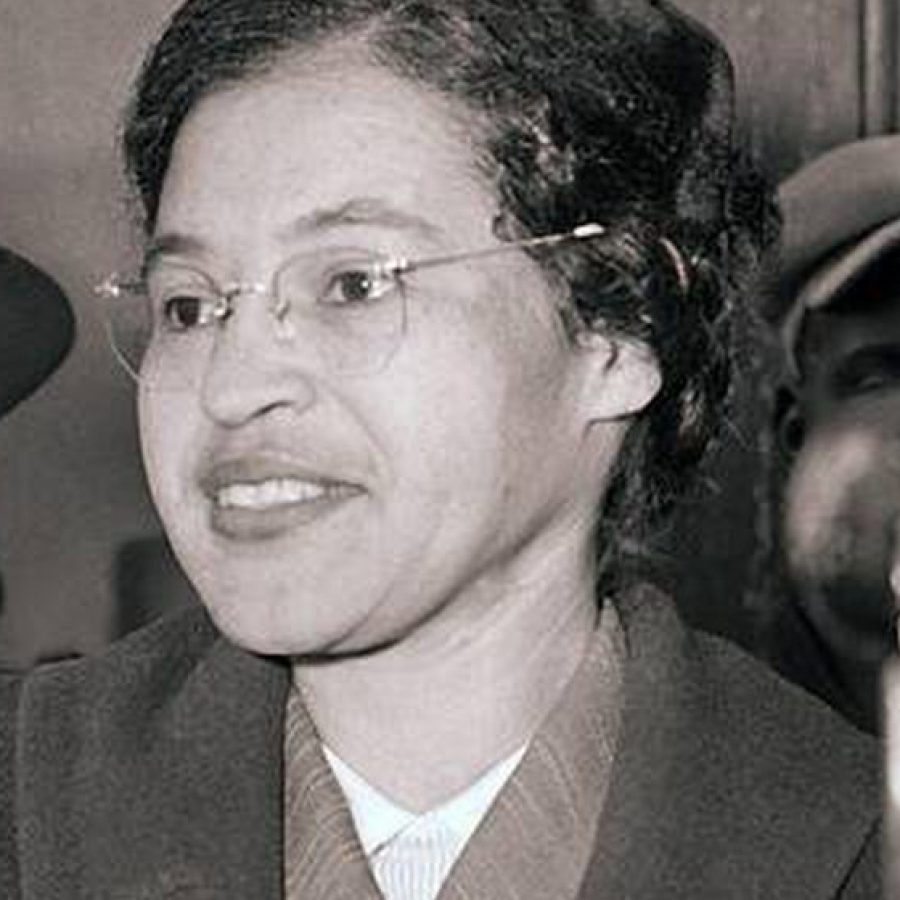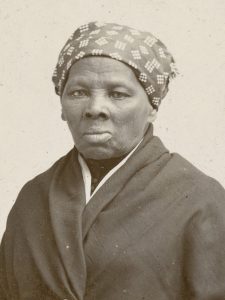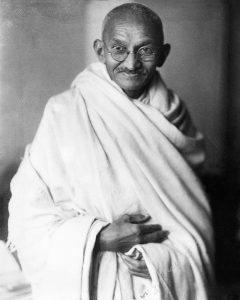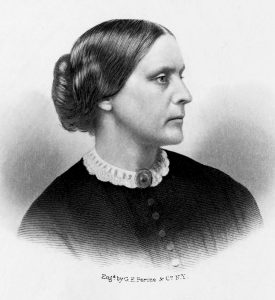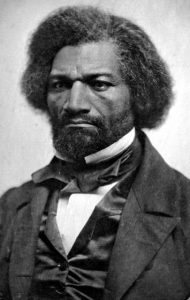Rosa Parks
(1913–2005)
Rosa Louise McCauley Parks was born on February 4, 1913, in Tuskegee, Alabama. She became an enduring symbol of dignity and defiance when she refused to give up her bus seat to a white passenger in Montgomery on December 1, 1955. This simple yet courageous act of resistance helped ignite the Civil Rights Movement, earning her the title “Mother of the Freedom Movement.”
Raised in a segregated South marked by racial violence and systemic injustice, Parks was taught by her mother to value self-respect and resilience. She attended the Montgomery Industrial School for Girls, where she learned skills that empowered her later activism. Rosa married Raymond Parks, a barber and active member of the NAACP, who encouraged her civic engagement. She became secretary of the Montgomery NAACP, working closely with E.D. Nixon on cases challenging racial injustice.
The pivotal moment of her life came on that December day in 1955, when Parks refused a bus driver’s demand to give up her seat in the “colored section.” Her arrest sparked the Montgomery Bus Boycott, a 381-day campaign that crippled the city’s transit system and brought Dr. Martin Luther King Jr. into national prominence. Parks’s quiet courage resonated deeply, symbolizing the strength of ordinary people in the struggle for justice.
Following the boycott, Parks and her family faced harassment and economic hardship. They eventually relocated to Detroit, Michigan, where she continued to work for civil rights, focusing on issues like housing discrimination, racial inequality in schools, and criminal justice reform. She also worked in Congressman John Conyers’s office, supporting constituents in need.
Throughout her life, Parks received numerous honors, including the Presidential Medal of Freedom and the Congressional Gold Medal. Her story has been told in countless books, documentaries, and museums, securing her place as an icon of justice and perseverance.
Rosa Parks is celebrated in the Good Trouble Makers Hall of Fame because her single act of defiance became a catalyst for systemic change. She demonstrated that sometimes making Good Trouble means refusing to move, and in doing so, she moved a nation forward.

